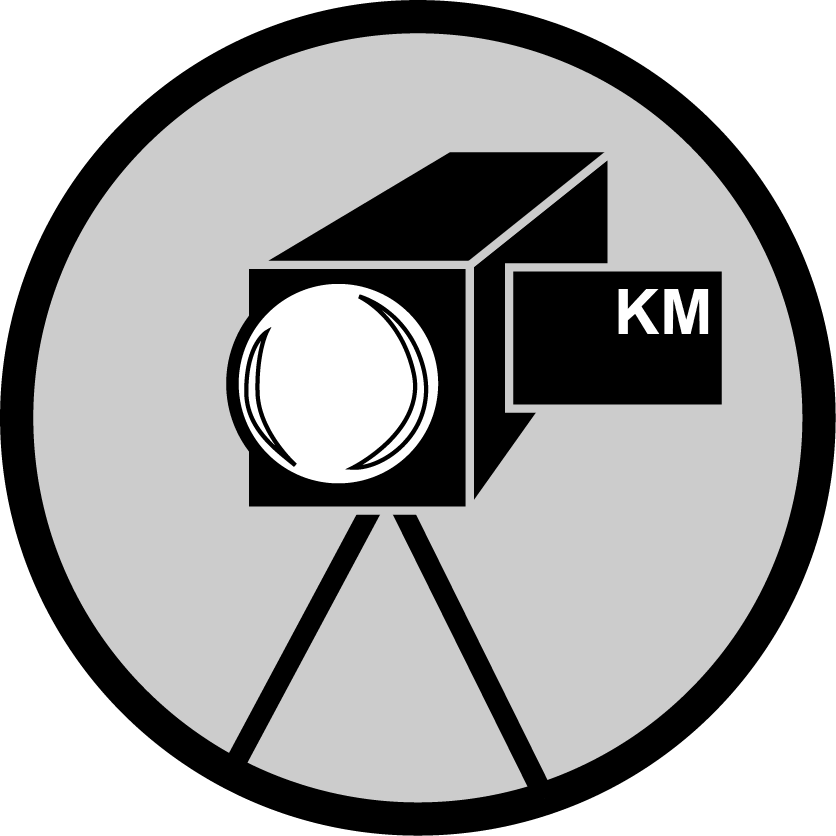What Makes a Successful Showcase Recording?
September 22, 2019
It’s editing day! Friday I recorded the September Virtual Showcase with six actors - a good handful for agents to review. I hope to have the preview link available tomorrow or Tuesday.
So what makes a successful Virtual Showcase recording? Here are some things to consider:
Choose your material wisely. Scenes tend to work better in this format. It should be age-appropriate and fit your type. Is there a show from the last few years that you really love and connect with? Are there characters in it that you could legitimately can see yourself playing? If it’s a television show, chances are you can find an episode online from which to pull a scene. If it’s a play, you can likely get a copy of the script. Finding a scene with some comedy in it that makes your audience laugh certainly doesn’t hurt, either.
Spend some serious quality time on your commercial copy. Far too often actors dedicate the bulk of their rehearsal time on their scene or monologue while assuming they can just wing it when it comes to the commercials. After all, it’s just a couple of lines, right? Wrong. The less lines you have to say something, the more difficult it can be to effectively tell the story. Yes, as an actor your job is still to tell a story, even when that story is in the form of a selling a product. And you only have a few seconds to do it. Auditioning for commercials is an art form. Commercials are typically the first auditions an agent will send a new talent on, so honing these skills is key when preparing your Showcase recording.
Don’t rehearse your interview answer. It shows every time. You definitely want to prepare some things you’d like to talk about, but don’t rehearse this like a script. Your interview should feel relaxed and natural. Industry professionals want to get a sense of who you are as a person and what you might be like when you walk into an audition room. Many actors, especially those just starting out in the business, try to portray themselves in a way they think the agent or director wants to see. They’ll talk about things they think an industry audience wants to hear ("I’m really dedicated to acting, it’s my passion.”) Well, obviously. Otherwise you wouldn’t be here. Instead, think about hobbies or interests that separate you from the rest. (“I was runner-up in a hot dog eating contest.” “I’m fluent in three different languages.”) Okay, now it’s getting interesting.
